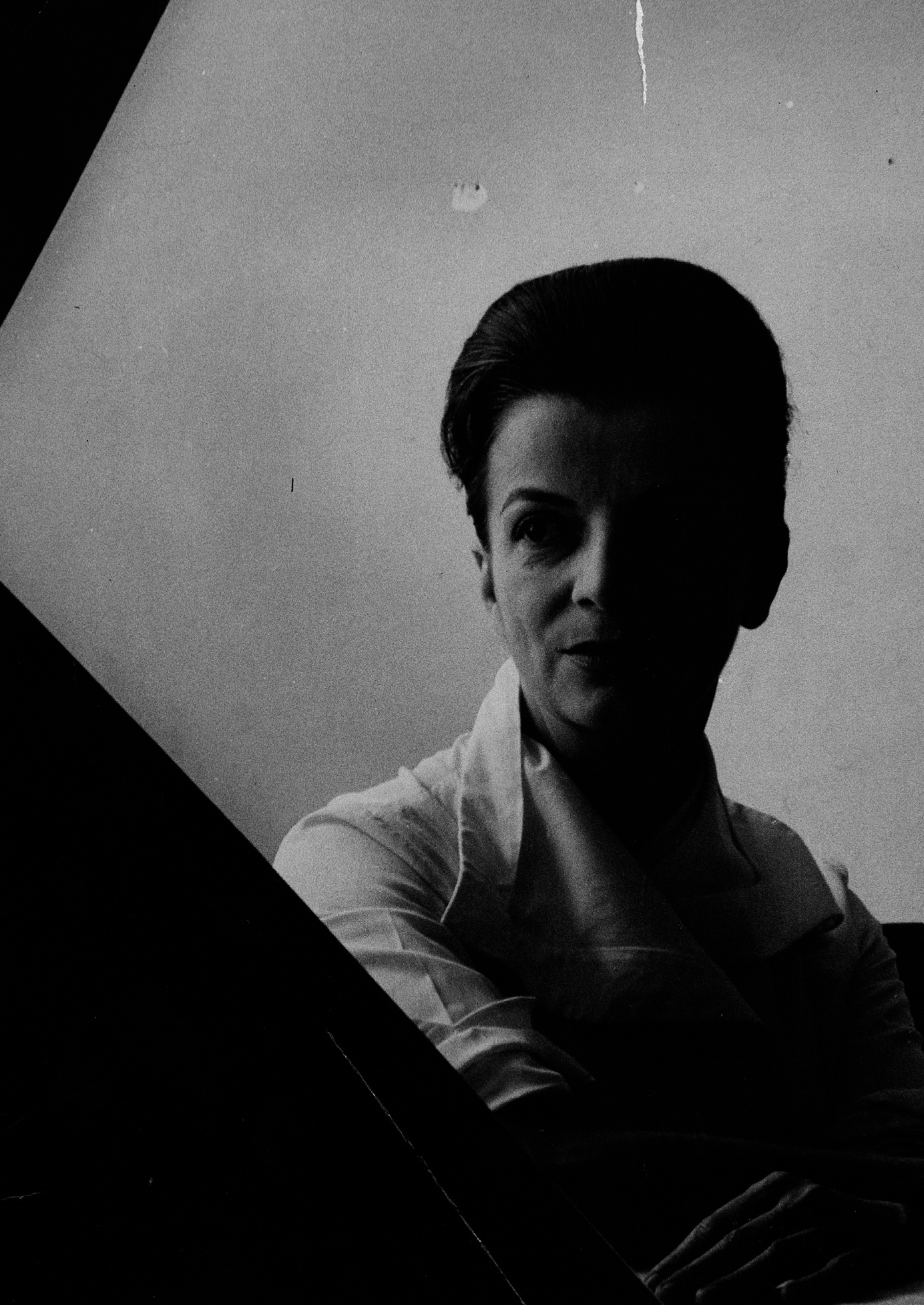Lygia Clark

(Belo Horizonte, 1920 – Rio de Janeiro, 1988): A key multidisciplinary artist for understanding 20th-century Latin American geometric abstraction. Through her pedagogical group processes, known for the compelling poetics of their images, the artist catalyzed her quest around topics related to nature and the metaphysical, which powered her vast exhibitionary and pedagogical career around the world. Prior to all this, however, Clark was a member of the Grupo Frente, whose characters promoted the modern languages of rationalist art in Brazil. Over the years, she would be one of the signing names on the “Neo-concrete Manifesto”, a position that radically questioned the depersonalization of mid-century geometric art, proposing a participatory and contextualized review of the ongoing carioca culture of the 1960s. In this critical process, performance would become a recurring practice in Clark's new facet as an artist and educator, a stage that finds its origins in the art classes she taught at the Brazilian National Institute of Deaf Education. This was a defining experience to tilt her work towards multisensory research, definitely assuming an experimental and biological nature with an emphasis on the body.